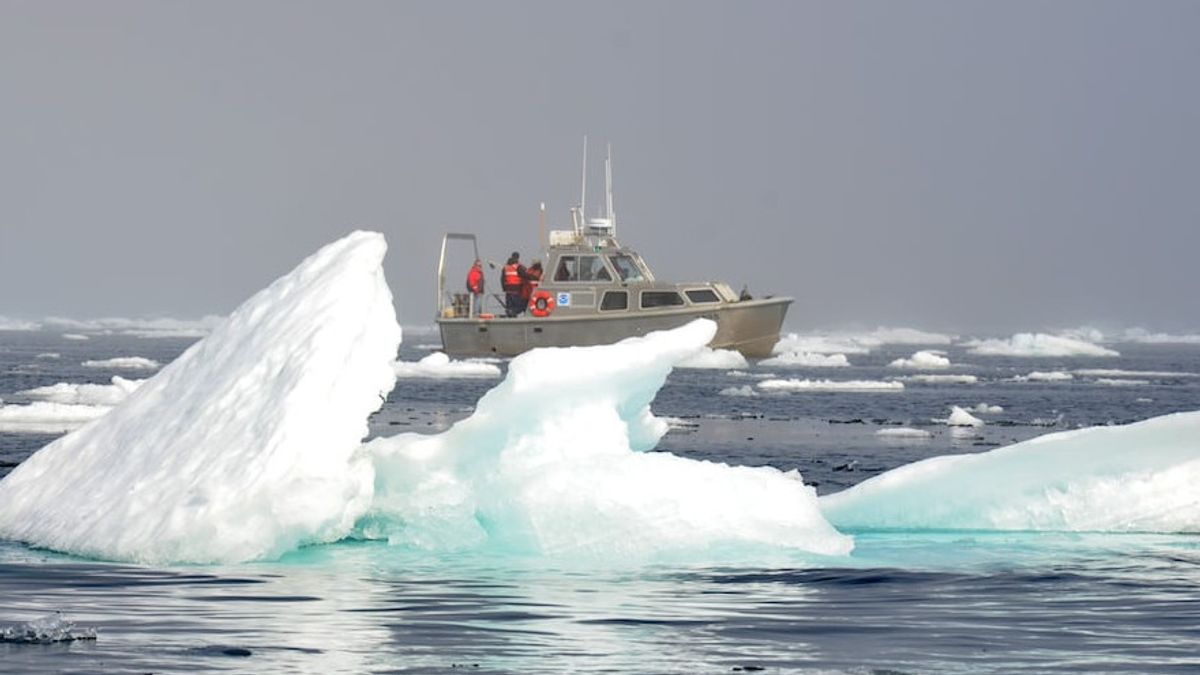JAKARTA - Europe is reportedly heating up faster than any other region in the world, and this is triggering extreme weather.
According to a World Meteorological Organization (WMO) report, temperatures in Europe have more than doubled global average over the past 30 years, at a rate of about 0.5 degrees Celsius per decade.
"Europe presents a live picture of the heated world and reminds us that even people who are ready are not safe from the impact of extreme weather events," WMO Secretary General Petteri Taalas said in a statement.
From year to year to July, the number of forest fires in the European Union has quadrupled from an average of 15 years. The deadly heat wave and record-breaking in the UK disrupted public health and damaged infrastructure.
The incredible drought also hit the continent this summer, where the world's most economically important rivers have dried up as well.
In the WMO report, 2021 is the last year where more than half a million people have been directly affected by weather events triggered by climate change. Extreme weather caused economic damage exceeding 50 billion US dollars, equivalent to IDR 786 trillion.
Launching CNN International, Saturday, November 5, accelerated warming has also caused Alpine glaciers to lose 30 meters of ice thickness from 1997 to 2021.
"This year, like 2021, most of Europe has been affected by broad heat waves and drought, triggering forest fires. In 2021, tremendous flooding causes death and destruction," explained Taalas.
For information, since 1991, the temperature in Europe has risen twice as fast as the global average temperature. That brings extreme weather changes, from devastating floods to deadly heat waves.
Since the mid-1800s, when the economy began polluting the atmosphere by burning large amounts of fossil fuels, the global average temperature had risen by 1.2 degrees Celsius. But the average mainland of Europe is about 2 degrees warmer, compared to the pre-industrial era.
Fortunately, the European Union has succeeded in reducing greenhouse gas emissions that heat the planet by 31 percent between 1990 and 2020.
But according to Taalas, deeper pollution reductions need to be done more quickly to prevent more severe climate change.
The English, Chinese, Japanese, Arabic, and French versions are automatically generated by the AI. So there may still be inaccuracies in translating, please always see Indonesian as our main language. (system supported by DigitalSiber.id)












